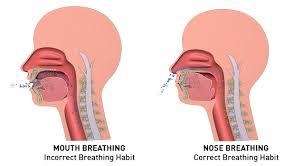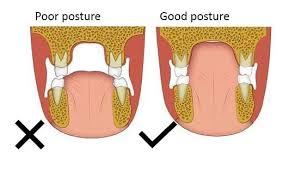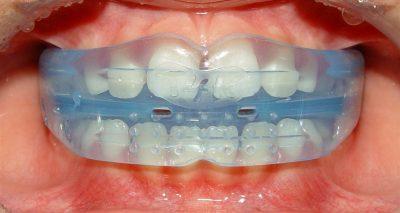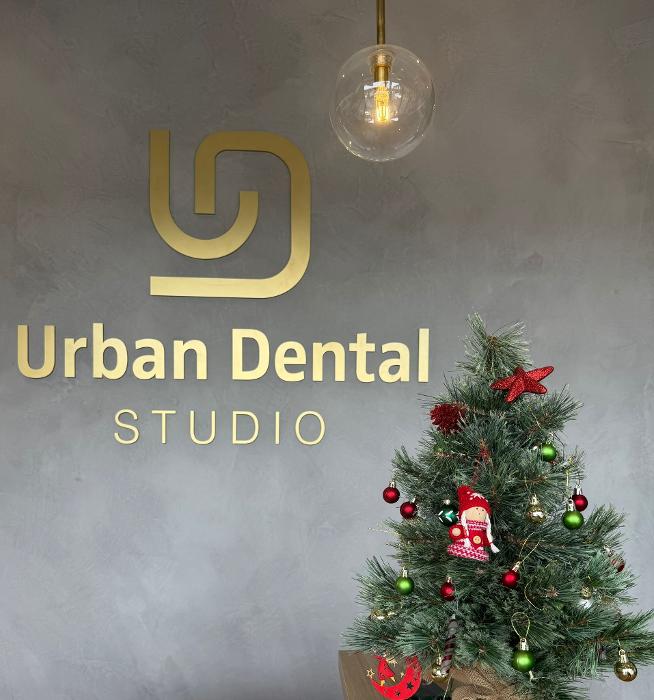
Myofunctional therapy is a treatment designed to improve the function and alignment of the muscles used in speaking, chewing, swallowing, and breathing. It’s often used to address issues like mouth breathing, improper tongue posture, and other oral and facial muscle dysfunctions.
Here at Urban Dental Studio our dentist Dr Carol Freitas is our clinician providing Myofunctional therapy.
1. What is myofunctional therapy?
Myofunctional therapy is a neurological re-education, consisting of exercises to ass normalisation of the developing, or developed, craniofacial structures and functions.
These exercises and techniques are aimed at correcting muscle function and alignment in the oral and facial areas improving the function of the tongue, lips, and jaw.
2. Who can benefit from myofunctional therapy?
Myofunctional therapy can benefit a wide range of individuals, including:
- Children with mouth breathing, thumb sucking, or poor jaw development.
- Adults who suffer from snoring, TMJ disorders, or orthodontic problems.
- Individuals with postural issues related to oral and facial muscle function
3. What conditions can myofunctional therapy address?
It can help with:
- Mouth breathing
- Tongue thrusting
- Snoring.
- Dental malocclusions
- TMJ (temporomandibular joint) dysfunction
- Swallowing disorders
4. How does myofunctional therapy work?
Therapy typically involves exercises to improve muscle tone and coordination, correct tongue posture, and establish proper breathing patterns. Techniques may include specific appliances and exercises for the tongue and lips, as well as guidance on proper posture and swallowing.
5. How long does myofunctional therapy take?
The duration of therapy varies based on individual needs and age. Some people may see improvements in a few weeks, while others may need several months of consistent practice. The frequency and length of sessions can also vary.
6. Is myofunctional therapy painful?
No, myofunctional therapy is generally not painful. If you experience discomfort, it’s important to discuss it with your therapist.
7. Do I need to see a specialist for myofunctional therapy?
It is recommended to see a trained myofunctional professional or a specialist, such as a speech-language pathologist, who has expertise in this field. They can provide a comprehensive assessment and develop a personalised treatment plan.
8. Can myofunctional therapy be used in conjunction with other treatments?
Yes, myofunctional therapy is often used alongside other treatments, such as orthodontics, speech therapy, breathing educators, body workers (chiropractor, osteopath etc), or CPAP therapy for sleep apnea. It can complement these treatments by addressing underlying muscle function issues.
9. Are there any exercises I can do at home?
Yes, all exercises can be practiced at home. Your therapist will provide a set of exercises and guidance on how to perform them correctly. Consistency is key to seeing improvement.

